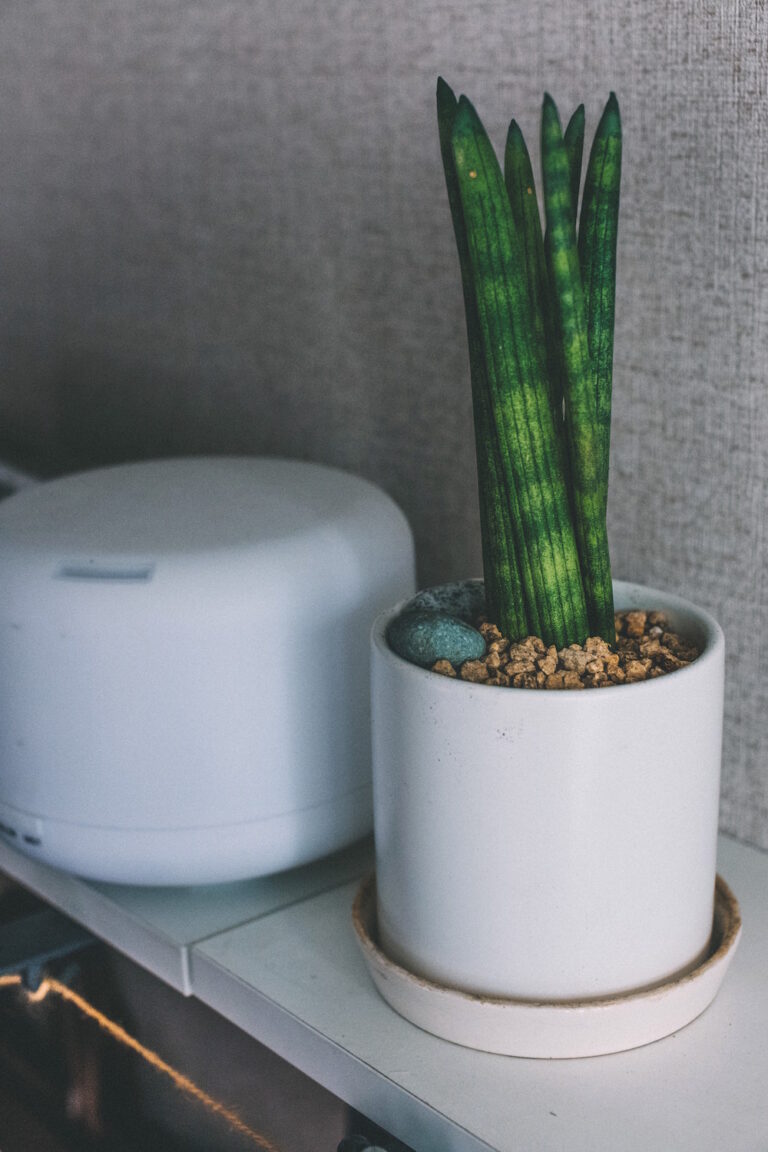What to Do When Dealing With Residential Fire and Water Damage
When a fire starts in your home, it causes immense damage to your property and belongings. With fire damage, the destruction continues even after the fire is extinguished. Byproducts of the fire can start to corrode your belongings, and the high-pressure hoses used to extinguish the fire will lead to water damage. How to deal with fire and water damage?
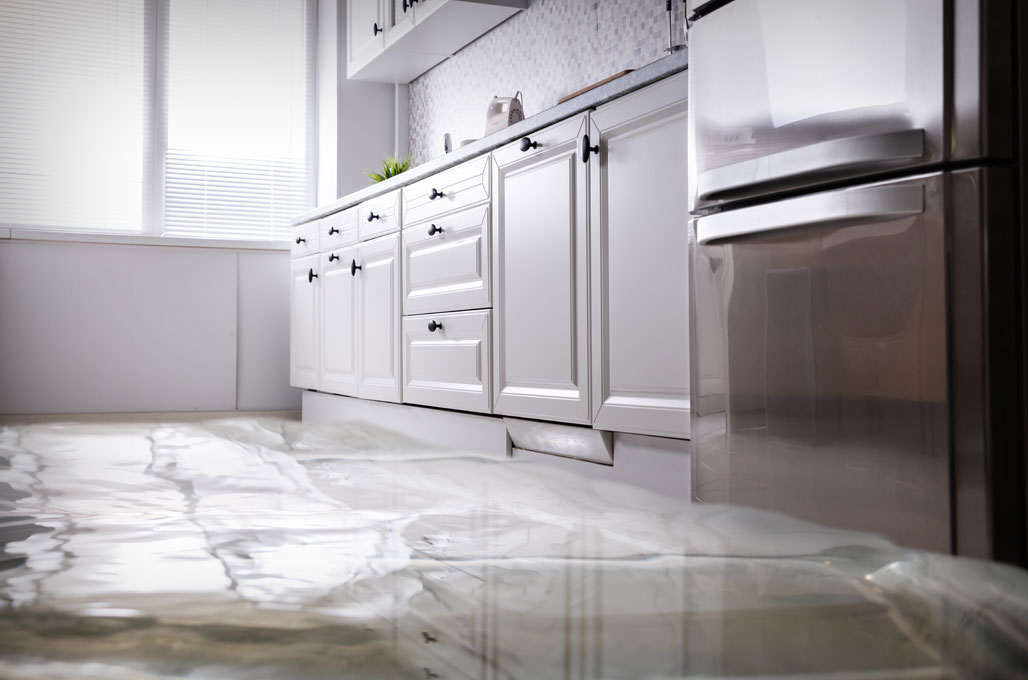
If you want to restore your house to a safe and livable condition, here are three things you should do, and three mistakes you should avoid.
Document All the Damage
To help you stay organized during the restoration process, make a detailed list of all the items damaged by water and fire. Take as many videos and pictures as you can to record the damage. Make a separate note of items that are susceptible to mold growth as a result of water. This can help the repair company later on.
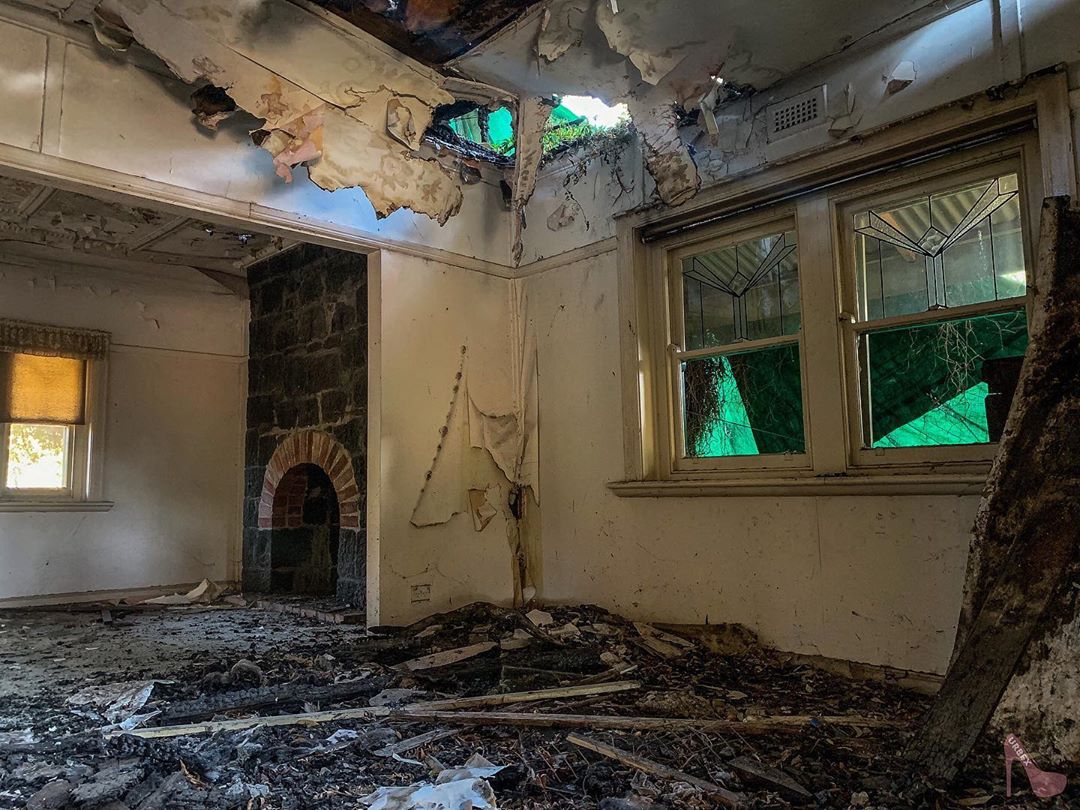
The notes, videos, and pictures that you take can be used as proof for your insurance provider. Keeping detailed records of the damage will speed up the restoration process and help you get your life back on track quicker.
Call a Professional
Once you’ve filed a claim with your insurance company, consult a professional restoration company. A professional repair company is the only qualified party who can adequately deal with water and fire damage and work closely with your insurance provider to manage the claim you filed.
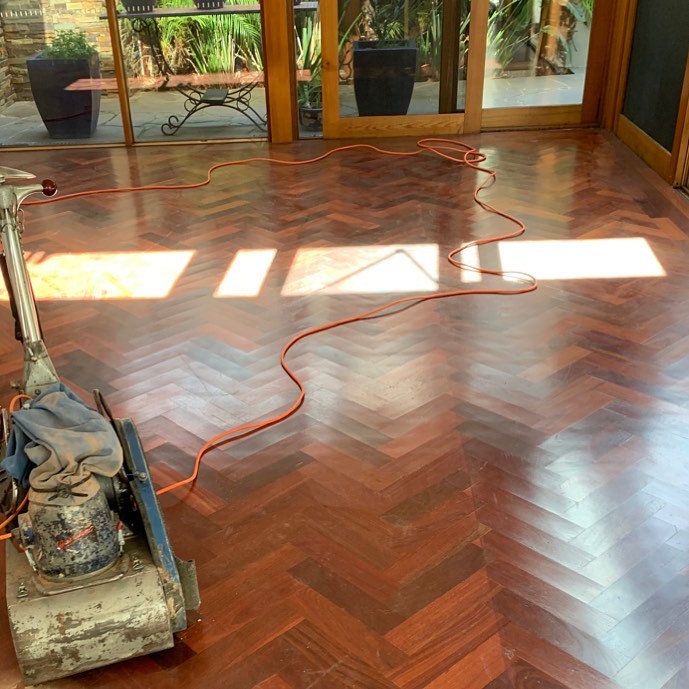
With property repair, you have to take action as soon as possible. If you wait too long, the damage can quickly spread and worsen.
Waiting too long is especially dangerous if you think you may be dealing with mold growth. Mold grows on almost any surface, and it can affect your health and the structural integrity of your home. According to IDC Fire and Water Restoration, experts should thoroughly inspect your property, assess the damage, and create a customized restoration plan.
Keep Your Property Ventilated
Once you’ve called a repair company, the next step is to ensure your home is well-ventilated. Moisture is the enemy, so open all of the windows and doors in your home. Keep your cabinets, closets, and drawers open as well.
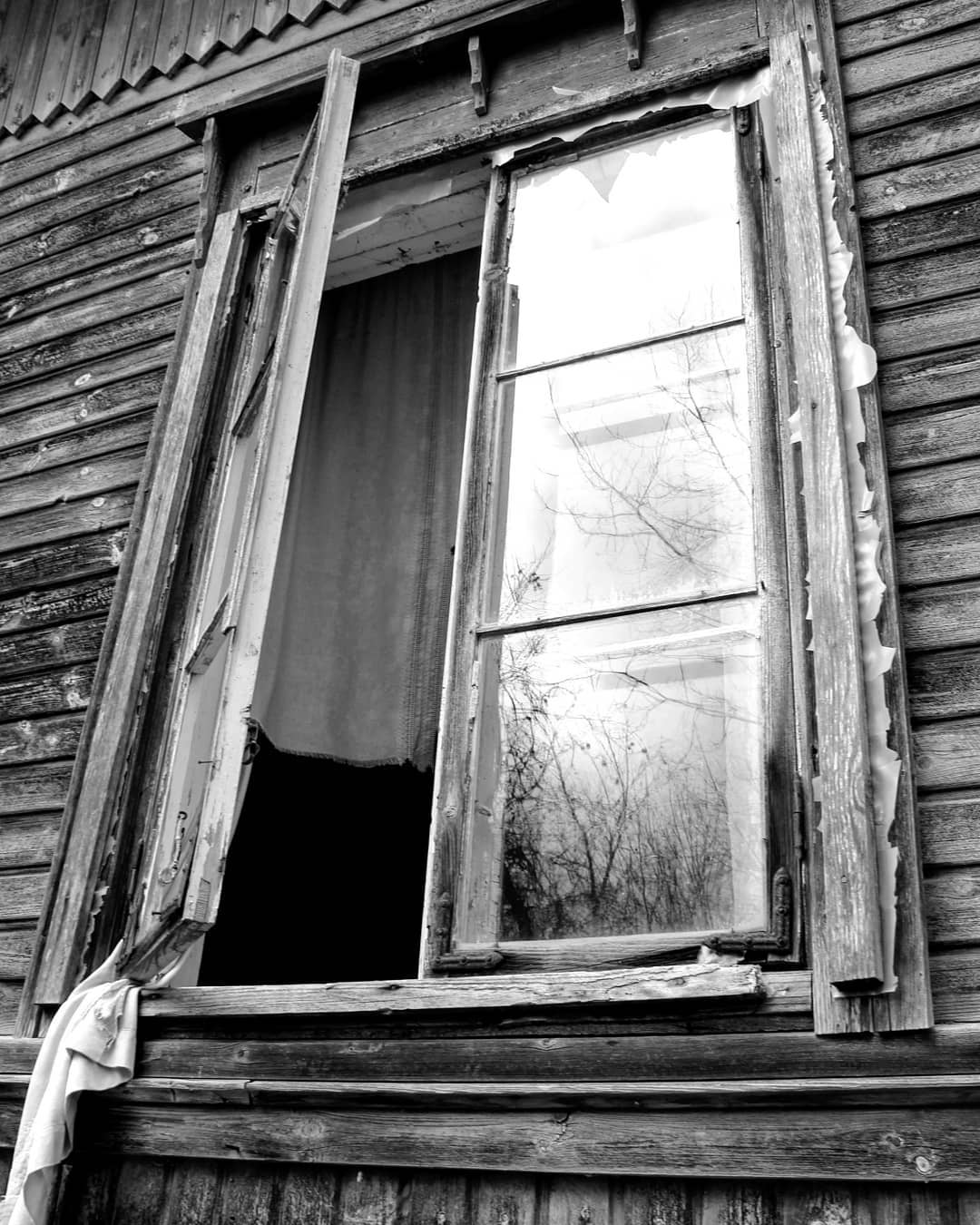
However, this might not be enough to make your home safe to live in. If you’re able to relocate until the property is assessed, definitely do so to avoid being harmed in your property.
Fire and Water Damage : What Not to Do
When you enter your home after the fire is put out, you must be extra cautious. While it’s essential to take specific steps, there are many things you should avoid doing.
Don’t Use a Vacuum
If there’s a lot of water on your property, do not use a vacuum to get rid of it. If you have a sump pump on hand, you can start removing all of the extra water. Also, never use appliances that are wet because you can get injured.

Don’t Assume the Property is Safe to Walk Through
With fire and water damage, it’s very easy for your home’s structure to become damaged. As a result, be extra careful when entering different rooms of your house.
You can also place aluminum foil underneath the legs of your furniture to keep water from seeping up into the furniture. All wet rugs should be removed so you can prevent additional damage to your floors.
Fire and Water Damage : Don’t Hesitate to Get Help
Remember that there could be damage you’re not aware of. That’s why calling a professional company should be one of your first moves after a fire.
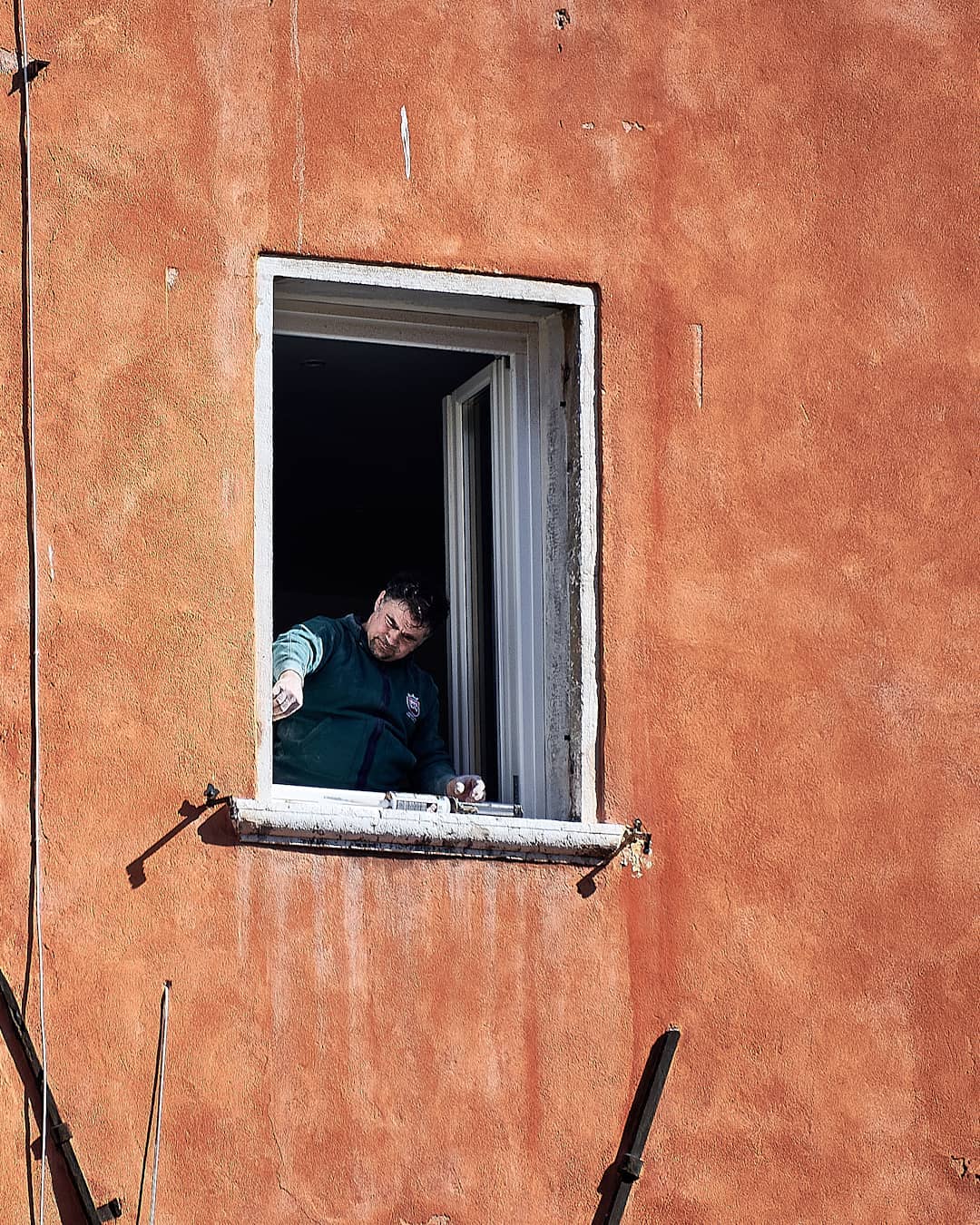
Professional restoration companies used advanced extraction equipment and heavy-duty dehumidifiers that can reduce excess moisture in the air. These skilled technicians thoroughly clean and sanitize the property before it can be restored to its pre-fire and water damage condition.

